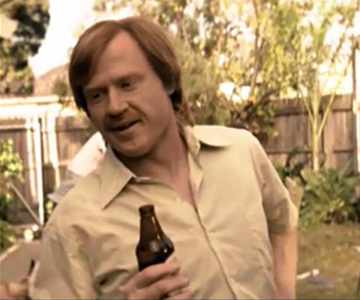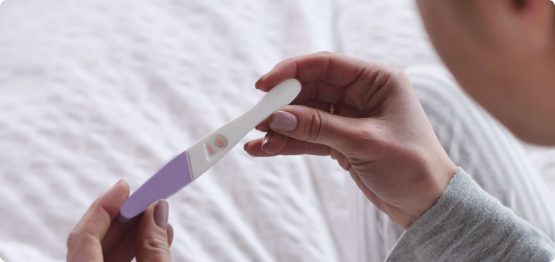Parents
The effects of alcohol on your body
When enjoyed in moderation, alcohol can form part of a healthy lifestyle that includes good diet and exercise. On the other hand, excessive drinking can have harmful effects on your health. Many Australians enjoy having a drink, but not a lot of people realise how alcohol can affect their physical health.
Read More
Alcohol poisoning: when drinking turns toxic
Alcohol poisoning is extremely dangerous and, in some cases, can lead to death without prompt medical treatment.
Read More
It’s okay to say nay
You know what’s great to hear? Most Australian parents (89%) aren’t supplying their underage teenagers with alcohol and the majority of underage teenagers in Australia are choosing not to drink alcohol (69%).
Read More
Fetal Alcohol Spectrum Disorder (FASD) Awareness Program
The DrinkWise Fetal Alcohol Spectrum Disorder (FASD) Awareness Program aims to create greater awareness among Australians that FASD is 100% preventable.
Read More
Parental influence campaign
This campaign was seen as the first step towards creating generational change in attitudes towards alcohol across Australia. And to promote a safer and more responsible drinking culture.
Read More
Pregnant, planning a pregnancy or breastfeeding?
Give your baby the best possible start and avoid the risks of Fetal Alcohol Spectrum Disorder (FASD). If you are pregnant or planning a pregnancy, you should not drink alcohol. If you are breastfeeding, not drinking alcohol is safest for your baby.
Read More
Alcohol guidelines
The Australian guidelines to reduce health risks from drinking alcohol are produced by the National Health and Medical Research Council (NHMRC). The guidelines can help you to make informed choices about your consumption if you choose to drink.
Read More
Is your drinking influencing your kids?
Positive guidance. It's one of the greatest powers parents have. And as your child's number one role model, it's up to you to shape their perception of right and wrong. So remember, the decisions you make really do have an impact on your children.
Read More
Combatting peer pressure – how to help your teen
Peer pressure can be a positive influence. It can also lead teens to doing things they wouldn't usually, or stop them from doing something they would like to do. It can challenge their view of what's right and what's wrong.
Read More
Let them try it or deny it? Alcohol and your teen
For some parents, the question of when to introduce their child to alcohol is a major decision. Pre-teens may begin to show interest in alcohol and ask to try your drink – but should you let them?
Read More
Talking to your teen about alcohol
For some parents, talking to your teenager about alcohol and setting rules and boundaries to keep them safe can be daunting. The majority of parents feel that it's their responsibility to create strategies and educate their children on when, where and how to drink, whilst many parents struggle with how to provide advice.
Read More
Developing a consistent approach to teen drinking
Kids are interested in what's going on around them – seeing how their role models use alcohol is part of this.
Read More
It’s my party – why can’t I drink if I want to?
Many teens feel the pressure to conform to peer expectations around alcohol at parties, but parents are feeling pressure too.
Read More
Is supplying alcohol to teens legal?
Before you make a decision about letting your child consume alcohol before the legal drinking age, it's important to have the facts.
Read More



 Audio
Audio Video
Video










